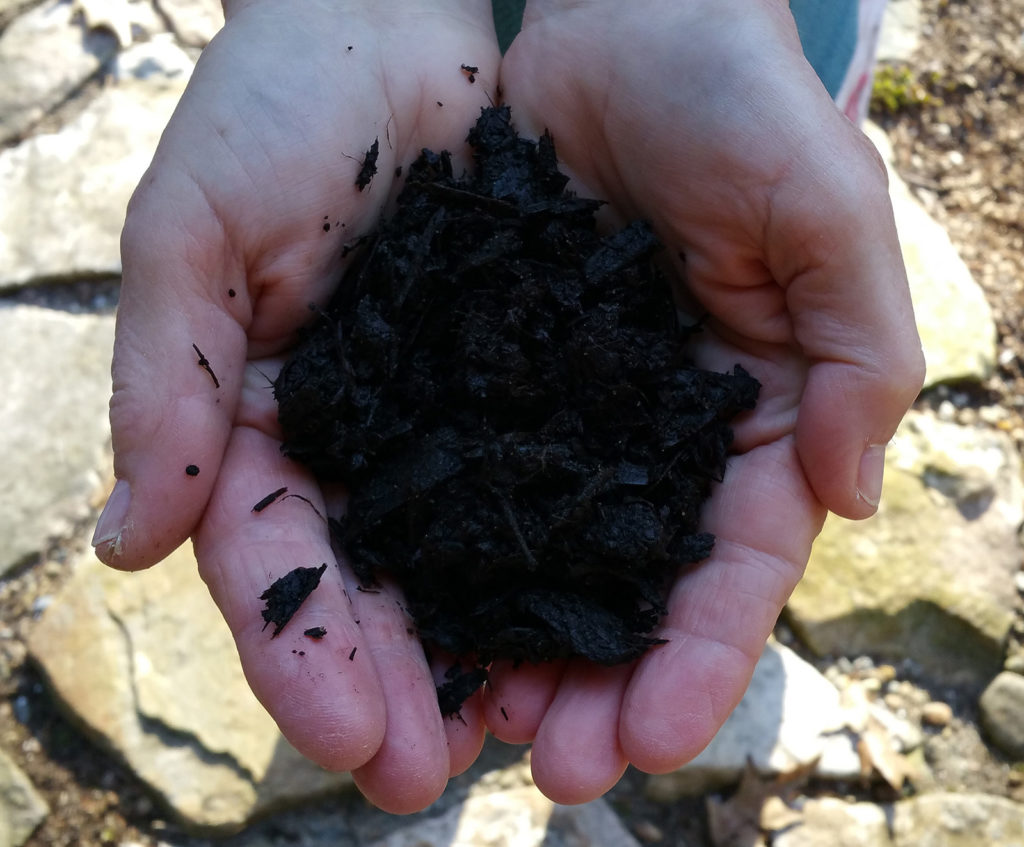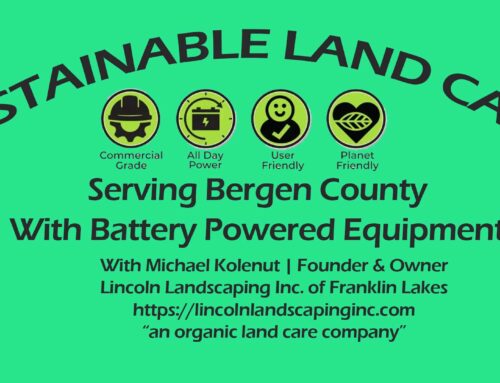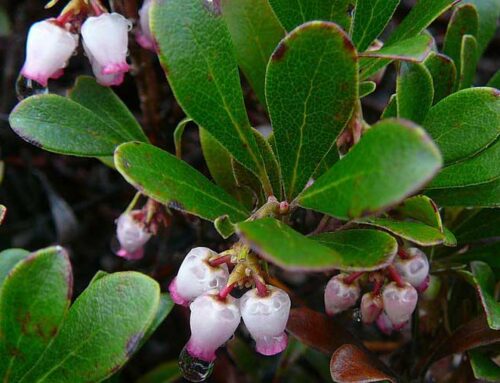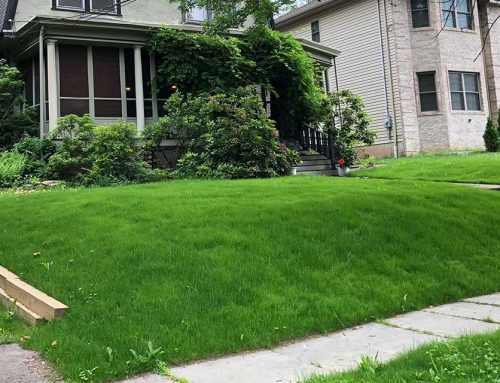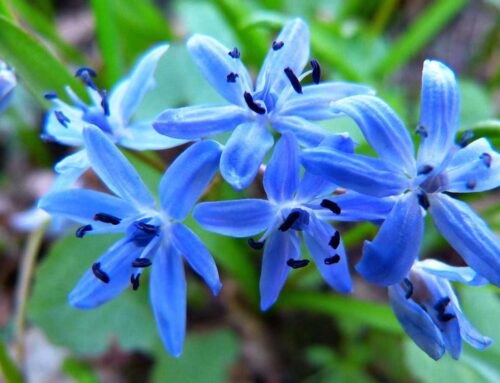The Benefits of Organic Mulch
Mulch, especially organic mulch has many benefits, not the least of which – as far as I’m concerned – is that you can walk around in your own garden on a drizzling rainy day and not have muddy feet when you go back inside. I also tend to stay in the center of paths to avoid soil compaction around or near plants and I am careful not to touch very much at all to avoid spreading any bacteria.
But I find that I am compulsively in my garden and vegetable beds at least once a day, trying to coax some more growth out of new seedlings. Silly perhaps, but then thats what a gardener does…
Mulching is one of the best things you can do for your garden. This is the act of placing a protective barrier (mulch) around your plants and over your bare soil. This protective barrier can be made up of a variety of decomposing organic materials. A newly planted tree’s best friend is mulch. It is very important to remember to mulch your tree after you have planted it. Mulch insulates the soil helping to provide a buffer from heat and cold temperatures, aiding in root growth and stimulation.
ORGANIC MULCH AND GARDEN BEDS
Mulching does NOT affect acidity or alkalinity of soils
- Studies show that any number or organic mulching materials can be used in vegetable gardens without any lowering or raising of the pH levels. In fact, active continuous mulching with different materials will eventually neutralize the pH of any soil.
Mulch is a soil conditioner
- Ordinary soil which might normally break up into chunks when it is tilled or cultivated will disintegrate into fine granules after it has been mulched even in as short of time as several weeks. Sandy soils or clay soils benefit most if the have an organic matter added to them.
Organic mulch can contribute potassium to the soil
- This is just 1/3 of the reason why mulch has been called a “perpetual source of fertility”. It can also contribute nitrogen, phosphorous and trace elements. In other words – MULCH IS FERTILIZER.
Mulches provide fertilizer longer as it decomposes
- Organic Mulches decay toward the bottom where they come in contact with the soil. This benefits the soil, not only through the release of nutrients over an extended period of time but adds materials to the soil that help to make the soil crumbly.
Mulching practically eliminates weeding
- When weed seeds germinate and begin to come up under the mulch they come up in darkness which retards growth and wither away. those that do have the fortitude to poke through are easy to spot and even more easily plucked. Any area that is heavily mulched should require little if any weeding.
Lincoln Landscaping “The Natural Choice”
Mike Kolenut President & CEO
https://lincolnlandscapinginc.com
(201) 848-9699

